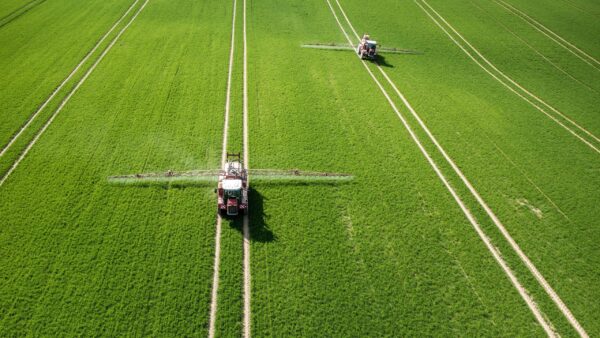
Every seed establishment across Canada is busy these days cleaning, testing, grading and labelling pedigreed seed for sale this spring. A lot of work goes into the seed that is sold in a bag or loaded into a customer’s truck and labelled with a Government of Canada tag, and it is all summarized on the pedigreed seed declaration.
The Canadian Seed Institute (CSI) is recognized by the Canadian Food Inspection Agency (CFIA) as the conformity verification body (CVB) responsible for the oversight of the registered seed establishment (RSE) program in Canada. That means every approved conditioner, bulk storage facility, authorized importer, licensed operator and accredited grader falls under CSI’s supervision. That’s around 1,000 RSEs, 1,700 operators and over 1,000 graders who work according to quality management systems they have designed to demonstrate they are able to meet the requirements of the Seeds Act and Seeds Regulations when pedigreed seed is sold, or when seed is imported into Canada.
One of the key pieces of the record-keeping system that allows each RSE to trace the pedigreed seed they sell back to the crop certificate and pedigreed seed grower is the pedigreed seed declaration. This one-page record summarizes a whole season of planting, roguing, inspecting, harvesting, storing, cleaning, grading, labelling and sale of a variety of seed. Pedigreed seed declarations are also used to record the import, grading and sale of pedigreed seed from another country into the Canadian market.
The pedigreed seed declaration is a legislated record, required to be completed within 30 days of conditioning or grading seed according to section 93 (4) of the Seeds Regulations. Each RSE is responsible for ensuring a pedigreed seed declaration is completed for each lot of seed that is graded and labelled.
The requirement for completing a pedigreed seed declaration is not flexible, but how the record is completed is a choice made by each RSE. An operator may still purchase paper booklets of declarations from CFIA, which work perfectly for RSEs who grade a few seed lots a year. CSI has electronic versions in multiple formats that can be used within an RSE’s electronic systems, where there is a more formal office setup. CFIA has an official electronic version that can be downloaded from their website. All formats are acceptable.
Pedigreed seed declarations are checked when RSEs are audited according to a regular schedule by CSI auditors. Incomplete declarations, missing declarations, or declarations that have incorrect information all result in the auditor issuing non-conformances.
The trust and flexibility granted to RSEs in keeping this record allows each establishment to be responsible for their own seed — whether you are an independent seed grower/retailer with your own varieties, or a member-owned seed company that contracts production, or a multinational company with sophisticated records and inventory systems.
As the seed industry gears up for seed regulatory modernization discussions with CFIA, the pedigreed seed declaration is a good topic for discussion. Does it need to remain a legislated record? Is the industry comfortable with requiring this kind of summary record for each seed lot, or is the completion too burdensome? Is there anything the industry wants to do with the information collected and summarized on the pedigreed seed declarations?
These are all good questions to ask about a record that has been around for decades to test the pedigreed seed declaration’s validity in a modernized seed system and decide what the best format may be.













